-
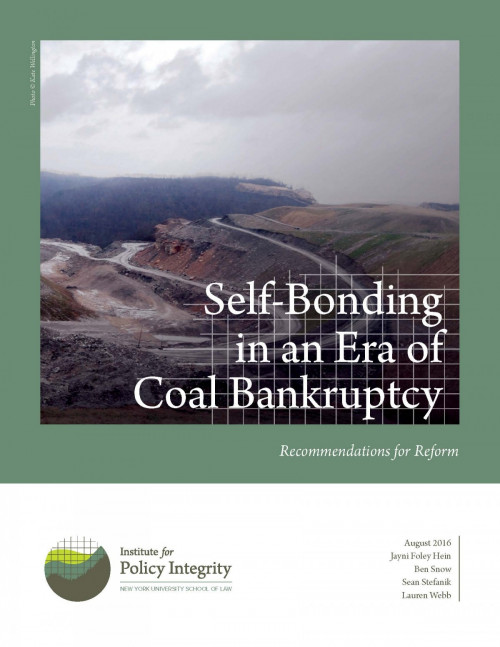
Self-Bonding in an Era of Coal Bankruptcy
Recommendations for Reform
Federal law requires coal companies to reclaim and restore land and water resources that have been degraded by mining. But at many sites, reclamation occurs slowly, if it all. Mining companies are required to post performance bonds to ensure the successful completion of reclamation efforts should they become insolvent, but regulators have discretion to accept “self-bonds,” which allow many companies to operate without posting any surety or collateral. As the coal industry experiences financial distress and coal companies declare bankruptcy, the viability of future reclamation work is endangered. This report offers recommendations to help regulators better assess coal companies’ financial health and take steps to curtail self-bonding.
-
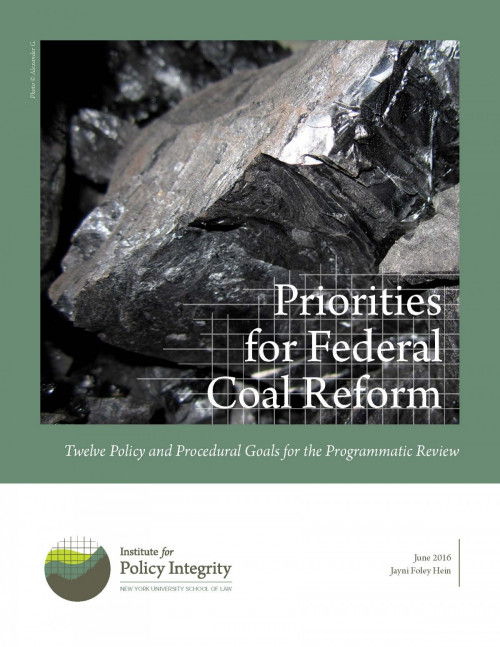
Priorities for Federal Coal Reform
Twelve Policy and Procedural Goals for the Programmatic Review
This report highlights twelve policy and procedural recommendations for the review of the federal coal program. These reforms are intended to help modernize program and so that it can provide maximum net benefits to American taxpayers. The programmatic review should identify opportunities to increase revenue, reduce greenhouse gas emissions, and align federal land management with U.S. climate change goals, paying enormous dividends to the public.
-
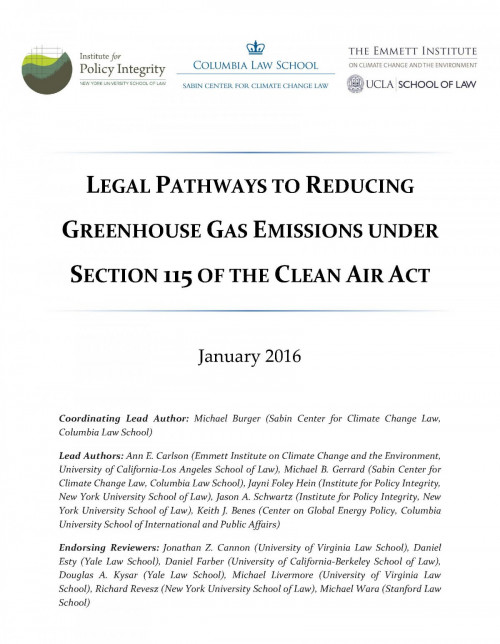
Legal Pathways to Reducing Greenhouse Gas Emissions Under Section 115 of the Clean Air Act
The most efficient legal tool for addressing U.S. climate pollution can likely be found in an unused provision of the Clean Air Act. Section 115 of the Act, titled “International Air Pollution,” authorizes the EPA to develop and implement an economy-wide, market-based program to reduce domestic greenhouse gas emissions. This report, jointly authored by a team of law professors and attorneys at three of the country’s leading institutes focused on climate change and environmental law, offers an in-depth analysis of Section 115, which would provide the most flexible approach for achieving the targets from the Paris climate agreement.
-
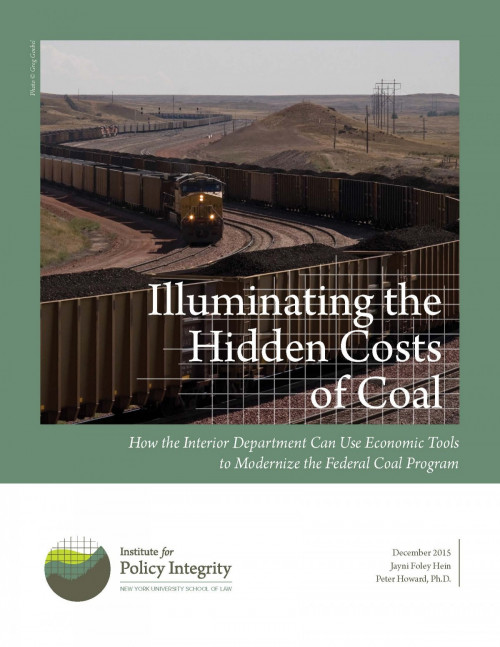
Illuminating the Hidden Costs of Coal
How the Interior Department Can Use Economic Tools to Modernize the Federal Coal Program
This report analyzes the hidden costs of coal production, and suggests updates that the Department of the Interior could make to modernize the federal coal program and earn “fair market value” for taxpayers, as required by law.
-
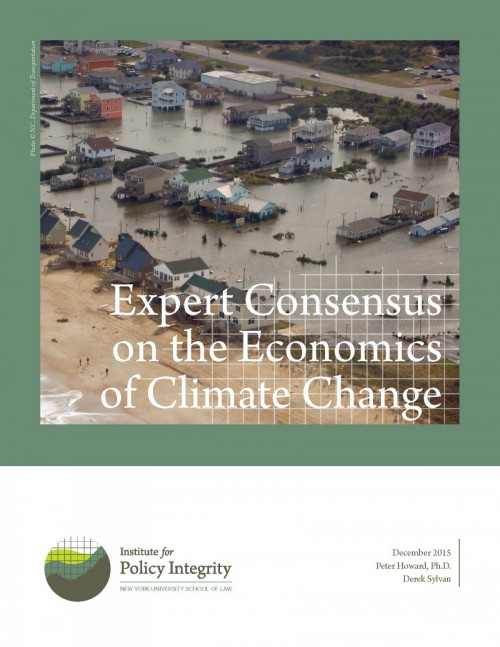
Expert Consensus on the Economics of Climate Change
We surveyed everyone who published an article related to climate change in a highly ranked economics journal over the past 20 years. The survey revealed consensus that climate damages could be more severe and more immediate than previously thought.
Viewing all publications in Research Reports
